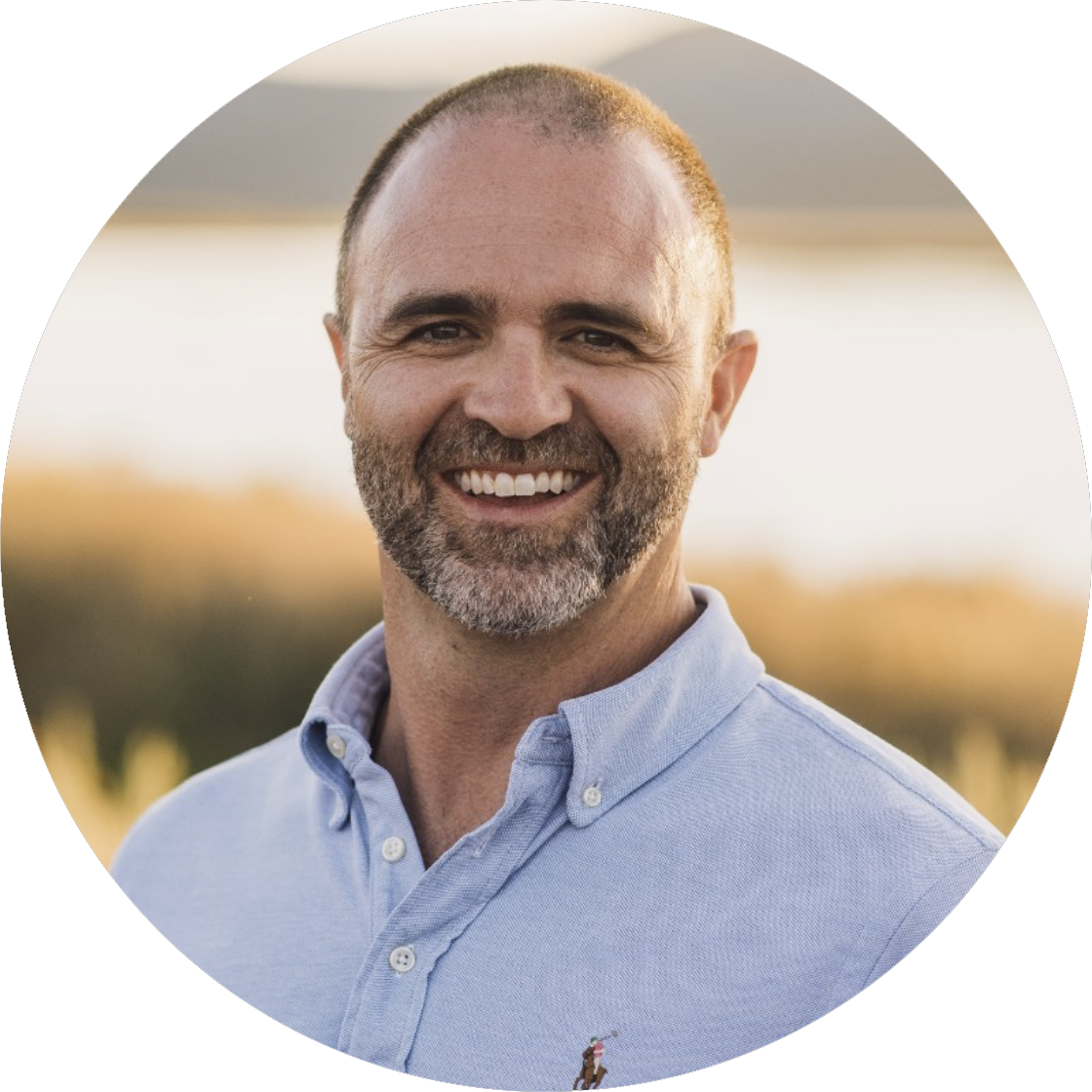A perspective from Nomad Chief of People + Development, Clay Binford
When recruiting and hiring, every company weighs organizational culture against the skills and experience of individuals. At Nomad, we believe the human element drives innovation, efficiency, and mission success more than any credential ever could.
This isn’t theory. It’s how we’ve built the company. Talent isn’t just technical expertise. It’s the ability to elevate the team, spark new ideas, and make the whole stronger than the parts. That approach has allowed a scrappy upstart from Northwest Montana to compete with, and often outmaneuver, industry giants and achieve stellar outcomes for our customers.
The Generalist Advantage
In Nomad’s earliest days, finding the right people was critical. To borrow from Robert Heinlein: “Specialization is for insects.” We needed roll-up-the-sleeves people who could think broadly, problem-solve creatively, and pivot without hesitation.
This philosophy mirrors David Epstein’s Range: Why Generalists Triumph in a Specialized World. Our best breakthroughs have come from people who roam beyond job descriptions to unlock creative solutions: an engineer driving manufacturing efficiency, a project manager suggesting a design change. Those cross-pollinating insights happen when you hire curious generalists and give them permission to contribute anywhere they see opportunity.
As we grew, projects became bigger and more complex. Larger contracts meant bigger teams and more intricate systems. The temptation was to specialize—to silo. We made the conscientious effort to resist this, doubling down on culture and protecting the all-hands, all-in mindset that fueled our earliest wins. Nomad’s core driving principle remains: people must feel invested in the process and empowered to contribute.
Finding True Believers
In the beginning, most hires came through referrals and community word of mouth. People didn’t just take jobs. They joined a mission, often recommended by someone they trusted. That grassroots accountability created teams that pushed each other higher.
Even as our needs have expanded, we’ve done our best to avoid a “fill the seat” mentality. We run lean for a while if demand allows; bringing in short-term hires who don’t connect with the culture has resulted in friction at times. Every mis-hire disrupts chemistry; every right hire amplifies it.
Today, many of our strongest people still come through internal recommendations. Others seek us out because they’ve heard Nomad is different—that here, the best ideas are pursued (regardless of where they come from), individual contributions matter, and teams collaborate instead of competing. Skills can be taught; experience can be built. But belief in the mission? That either exists or it doesn’t.
Geography as Opportunity
Being based in Northwest Montana presents obvious challenges. We’re not in Silicon Valley or Seattle. But what some see as a limitation has become an advantage. Sometimes the best talent is right in your backyard. You just haven’t found each other yet.
We’ve seen mechanics become systems integrators, and Forest Service veterans become project leads. These aren’t just inspiring stories. They’re proof that when you hire for values and potential, you can build a world-class team anywhere.
Growth has also demanded geographic expansion. Our Libby facility boosts manufacturing capacity, while our Huntsville, Alabama office taps into a hotbed of defense engineering expertise. Each location contributes unique strengths but shares the same cultural DNA.
And when we do import talent, we invest in their success inside and outside the four walls of Nomad. Relocation isn’t just moving bodies. It’s helping people and their families build lives. Housing, schools, and community
Culture as a Force Multiplier
Here’s what we’ve discovered: culture isn’t a buzzword; it’s a force multiplier. When employees know not just what they’re building but why it matters, quality becomes personal. Innovation becomes instinctive. Problems turn into puzzles to solve together.
That’s how Nomad consistently punches above its weight. In an industry where others might lean on process and bureaucracy, we lean on people who care deeply. And that care shows. Customers don’t just get a same-same product off the assembly line. They get custom-crafted, mission-tailored solutions from a team that takes their success personally.
Culture First, Always
Nomad doesn’t just build Connected Mobile Operations Centers (CMOCs). We build innovations that matter, relationships that last, and solutions that serve critical missions. It all starts with people who see work as more than boxes to be checked and tasks to be completed.
By hiring for culture first, we strive to create a company where collaboration fuels creativity, where individuals feel empowered to contribute, and where every project benefits from a team that believes in what they’re building.
- For future employees: your skills matter, but your mindset matters more. Bring curiosity, initiative, and commitment to something bigger than a job description.
- For our customers: this is what makes Nomad different. Behind every solution is a team that chooses to be here, believes in what they’re building, and takes your mission personally.
Sometimes we miss the mark when hiring for culture first, but it’s a goal worth working towards. Because in the end, the right people don’t just build a better company. They build better outcomes for customers and teammates alike.
Does Nomad sound like a good fit for you? We’re hiring…
As Chief of People + Development, Clay Binford has guided the human resources philosophies and approaches that set Nomad apart, both in its industry and in the areas where the company operates. | LinkedIn


